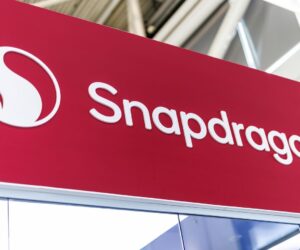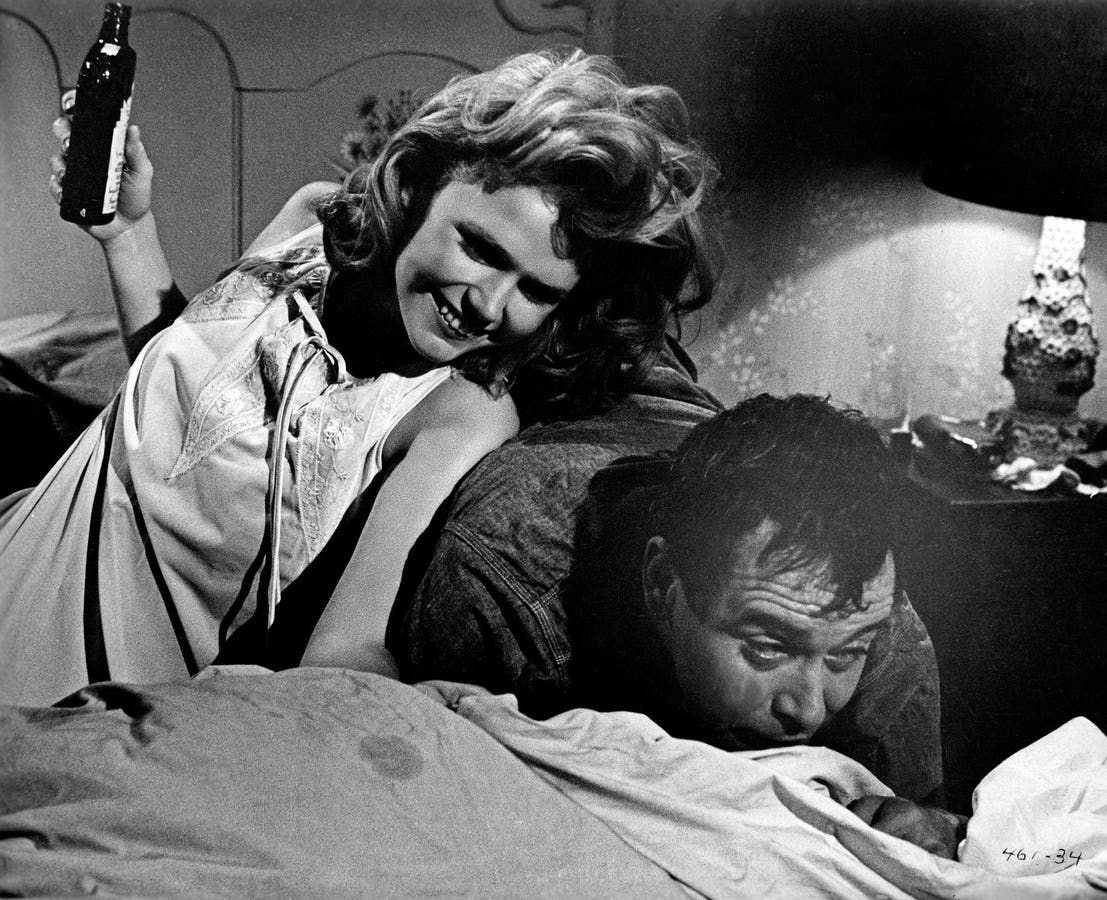Close-up of pouring whiskey or rum on the bar, dark toned background
getty
For decades, liquor store owners have relied on outdated, fragmented systems built long before Google existed. The result: hours lost to manual paperwork, frustrating compliance hurdles, and razor-thin margins that keep hardworking retailers from reaching their full potential.
The U.S. liquor retail market—part of a $250 billion beverage-alcohol industry spanning retailers, distributors, and suppliers—has remained largely untouched by innovation. For years, liquor retailers were forced to choose between clunky 1990s software or generic tools designed for restaurants and coffee shops.
“Many retailers carry anywhere from 1,000 to 10,000 SKUs in their stores and source those products from more than 30 distributors,” says Jake Bolling, founder of Scotch. “The sheer transactional volume and inventory complexity demand a system that delivers intelligent recommendations, automates key workflows, and lets owners focus on customer service instead of IT management.”
Is technology finally coming to help?
A New Era For Liquor Retail
In today’s market, liquor retailers face two main categories of technology solutions. Legacy providers such as LiquorPOS (now owned by Global Payments) and mPower Beverage were created decades ago and have changed little since, leaving their technology outdated. Modern point-of-sale systems like Clover and Lightspeed, on the other hand, offer sleek interfaces but lack the vertical-specific functionality that liquor stores desperately need.
This gap in the market is precisely what Scotch is designed to fill. Rather than forcing retailers to adapt their operations to generic software, Scotch has built an all-in-one operating system tailored specifically for beverage alcohol retail—replacing the patchwork of legacy tools that slow stores down.
“The demand signals in this industry are stronger than I ever experienced in the convenience store sector,” Bolling says. “That conviction is what pushed me to build Scotch in the first place.”
Keegan Jenks, owner of Bacchus Wine & Spirits in Colorado, experienced the difference firsthand.
“We scoured the market for a new system, and Scotch stood out significantly above the other solutions in this industry,” he says. “Not only are the team and technology fantastic, but the opportunity to expand our business has now become a reality.”
Giving Liquor Stores The Systems They Deserve
“Our prior POS was truly a POS—it held us back operationally,” says Sara Gesie-Peace, owner of Cheers Fine Wine & Spirits in Georgia. “Having actionable data at our fingertips has enabled us to not only save significant amounts of time in the day-to-day running of our business but also dramatically improve profitability.”
From neighborhood shops to large-format warehouses, liquor retailers of all sizes have long been constrained by manual workflows, outdated systems, and limited real-time insights. Smarter software is changing that—saving time, improving margins, and allowing independent owners to focus on what truly matters: serving their customers, not wrestling with inventory spreadsheets.
For Bolling, the mission is deeply personal. At his previous company, Skupos, he built technology that powered tens of thousands of convenience stores nationwide.
“I saw firsthand how hard these retailers work in stressful environments, fighting to protect razor-thin margins,” he recalls.
As the company grew, Bolling kept hearing the same message from owners who operated both convenience and liquor stores: liquor retail was even harder. After Skupos’ nine-figure acquisition in 2023, he poured his energy into understanding the liquor industry from the ground up and assembling a world-class team to tackle its biggest challenges.
“I’m wildly passionate about supporting the SMB segment of our economy,” Bolling says.
Are Investors Pouring Into The Liquor Space?
But are venture capital investors really interested in backing this kind of company?
Turns out, it doesn’t matter what industry you’re building in—as long as you have a clear vision, a great product, and a massive market, investors will take notice.
Scotch recently announced a $10 million seed round led by First Round Capital, with participation from Lerer Hippeau, Toba Capital, Watchfire Ventures, and industry leaders including Cory Rellas (Drizly), Tim Barash (Toast, Dutchie), and even Snoop Dogg through his 19 Crimes Wines brand. The round signals strong confidence in both the market opportunity and the founder.
“Jake is the exact type of founder we at First Round love to back,” says Liz Wessel, Partner at First Round Capital. “He lives and breathes his customers’ world, speaks their language, and understands their pain points from the inside out. As a true domain expert, he’s building from within the industry, not just for it.”
After spending a year developing the product alongside top retailers nationwide, Scotch is now entering an aggressive growth phase. The company plans to invest heavily in both go-to-market strategy and engineering, continuing to build automation and intelligence features tailored to liquor retailers’ needs.
When asked about fundraising in today’s environment, Bolling points to three key factors: clarity of the problem, market demand, and team credibility.
“The success came from the clarity of the problem we’re solving, the demand signals from the market, and the strength of the team we’ve assembled,” he says. “The credibility of folks like Dan Chen (former CTO of Drizly), Kevin Hodges (former head of sales at Skupos), and Anthony Fusco (former head of customer operations at Toast) gave investors confidence in our ability to execute.”
He adds that founders shouldn’t view fundraising solely as raising capital but as building long-term partnerships.
“You have to consider the value your investors bring beyond the check—how they can help you grow,” Bolling notes. “Highlighting your experience, being prepared for every conversation, and understanding your narrative makes the process far more efficient.”
Alcohol Consumption Isn’t Falling—It’s Evolving
Headlines often claim that Gen Z doesn’t drink and that alcohol consumption is at an all-time low—but the data tells a more nuanced story. According to Scotch, consumption isn’t collapsing; it’s simply returning to pre-pandemic levels. What’s changing isn’t whether people drink—it’s what and how they drink.
“The stores that we work with, if you look at sales data, have really just normalized back to pre-pandemic levels,” says Bolling. “In terms of the customer mix, Gen Z certainly does drink—the types of products they drink are different.”
Younger consumers are gravitating toward premium spirits, ready-to-drink cocktails, and low-ABV options, reflecting a broader shift toward moderation and quality over quantity. Retailers who can track these preferences in real time are better positioned to stock what sells—and that’s where technology like Scotch comes in.
“We’re seeing this in the behavior of our customers,” Bolling continues. “We’re doubling customers every week as store owners strive to serve their buyers better, saving stores up to 50 hours a month and helping stores boost profitability by six figures annually.”
In other words, the liquor industry isn’t shrinking—it’s evolving. And the retailers using data-driven systems are the ones adapting fastest.
The Bottom Line
For the first time in nearly a century, technology is beginning to rewrite the playbook for America’s liquor retailers. What was once a fragmented, low-tech sector defined by manual processes is becoming a connected ecosystem powered by real-time data, automation, and smarter decision-making.
It’s not just about introducing new software—it’s about redefining how independent store owners run and scale their businesses. By turning complex operations into intelligent, automated systems, small retailers are gaining the same technological advantage that large chains have enjoyed for decades.
The lesson extends beyond liquor: when technology meets overlooked industries, entire economies shift. As consumer preferences evolve and new generations redefine what—and how—they drink, the future of beverage alcohol retail will belong to those who can adapt fastest.
The next revolution in retail won’t start in Silicon Valley—it will start behind the counter of your neighborhood liquor store.









